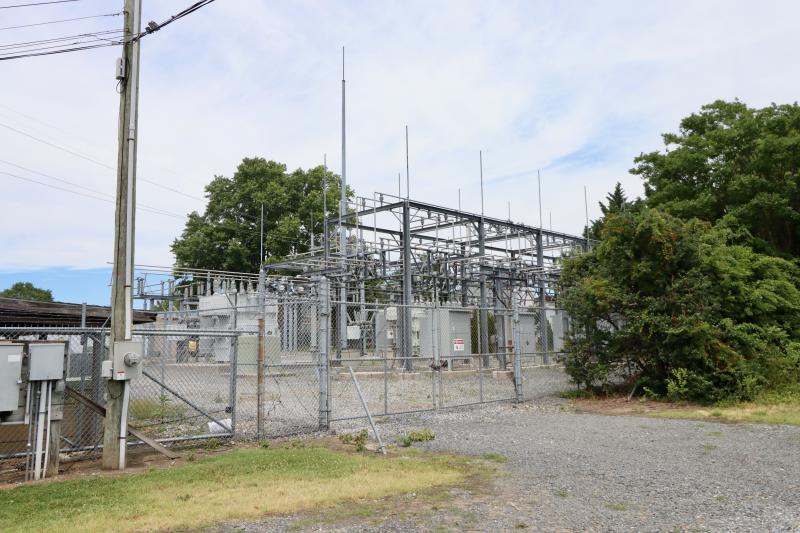Lewes BPW: City electrical system vulnerable
As 2024’s first major hurricane makes its way through the Caribbean, the Lewes Board of Public Works is throwing up a red flag when it comes to the vulnerability of the city’s electrical system.
At its June 26 meeting, BPW discussed taking a proactive approach to hardening physical assets from hurricanes, tornadoes, torrential rain and even cyber attacks.
“From an industry perspective, I’m very concerned about our infrastructure,” said Tom Panetta, BPW president. “For coastal communities, this is considered extremely high risk.”
Panetta said adding to the vulnerability is the fact that the electrical system was never designed for seasonal loads, electric vehicles and solar energy.
“We’re not any worse than anybody else,” said board member Preston Lee. “This is not just statewide; it’s national and international.”
Panetta urged Lewes residents to be aware of how critical the issue is.
“For an individual homeowner, if you’re dependent on oxygen generators, you really should plan to have a backup source,” he said.
BPW General Manager Austin Calaman said the board put a lot of money into the system in the early 2000s when it moved the substation from Burton Avenue to Schley Avenue.
Calaman and Panetta said the city has not had any recent major outages, even during big storms.
Board member Richard Nichols praised Calaman for getting trees trimmed to keep power lines clear.
Calaman said the planned overnight power outage last October was a wakeup call to the vulnerability of the system.
“That planned outage happened because we have a single feed into town,” he said. “So, if you look at all the areas where you could potentially have a what-if, that feed from Delmarva Power, if you lose that feed, the town is dark. That’s one of the things we keep in the back of our mind.”
Panetta said BPW is talking with Delmarva Power about a second feed into Lewes and the availability of substations to connect into. He said there has been some movement, but the project would come with a large cost.
At the meeting, the board voted unanimously to disband its sitting mitigation committee. It will consider forming an ad hoc committee with a focus on the future of the electrical system.
Panetta said BPW needs electrical experts to be part of that effort.
“We know people in the water, sewer and environment communities, but we need people with electrical distribution and transmission generation experience,” he said.
Bill Shull has been covering Lewes for the Cape Gazette since 2023. He comes to the world of print journalism after 40 years in TV news. Bill has worked in his hometown of Philadelphia, as well as Atlanta and Washington, D.C. He came to Lewes in 2014 to help launch WRDE-TV. Bill served as WRDE’s news director for more than eight years, working in Lewes and Milton. He is a 1986 graduate of Penn State University. Bill is an avid aviation and wildlife photographer, and a big Penn State football, Eagles, Phillies and PGA Tour golf fan. Bill, his wife Jill and their rescue cat, Lucky, live in Rehoboth Beach.






















































